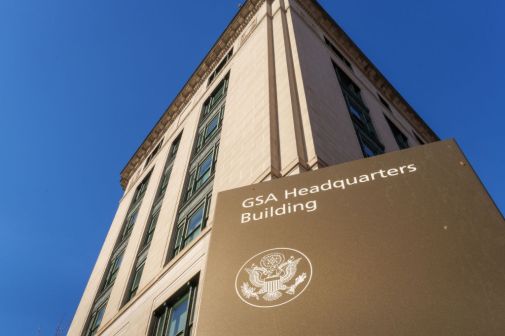Tech industry requests TMF process updates to fast-track COVID-19 and SolarWinds recovery projects

Tech companies called on the government to revise its process for doling out the Technology Modernization Fund, now that it’s received $1 billion for urgent IT and cybersecurity projects, in a letter Wednesday.
The Alliance for Digital Innovation and nine other tech associations sent the letter to the Office of Management and Budget and the General Services Administration asking that TMF projects be proactively funded and repayment requirements for agencies loosened.
Tens of millions of dollars remained unspent in the TMF when lawmakers appropriated a record $1 billion in the American Rescue Plan Act earlier this month, which has agencies and industry worried the money won’t be spent quickly on critical COVID-19 and SolarWinds recovery projects.
“You can’t have OMB and GSA just sit around and wait for agencies’ projects,” Matthew Cornelius, executive director of ADI, told FedScoop. “You have to be proactive about identifying areas you want to invest in, and then find the best way to do that.”
Tech companies had no trouble identifying five TMF investment opportunities in their letter: federal operations, citizen services, remote work, cybersecurity shared services, and secure cloud adoption.
The pandemic has highlighted government’s struggles with identity management, while the SolarWinds hack that left at least nine agencies compromised emphasized a greater need for vulnerability management and secure remote work capabilities, Cornelius said. Collaboration tools, secure data sharing and data analytics platforms are also in high demand.
GSA should immediately tap its army of tech and acquisition professionals inside the Technology Transformation Services‘ Centers of Excellence and 18F to begin flagging government’s biggest enterprise and shared services challenges because more TMF money requires more manpower, Cornelius said. Project flow, execution and oversight must scale.
U.S. Digital Service staff could also be brought in to handle digital services delivery and Cybersecurity and Infrastructure Security Agency employees to find cyber opportunities, all of whom will improve the vetting of projects and can even assist agencies with implementation, Cornelius said.
“It’s not a knock on the folks that are running the Program Management Office now,” he said. “But that was an office that was designed to handle a million dollars for a few projects, not a billion dollars and scores of projects.”
Tech companies expect to be part of the process, requesting quarterly meetings in the letter with the TMF Board and representatives from interagency councils for information and status updates.
Unfortunately TMF’s current five-year repayment window is “unduly burdensome” for many agencies with “inherently riskier projects,” especially when the projects funded through Congress’ normal appropriations process aren’t subject to the same requirements, Cornelius said.
“The [OMB] director clearly has the authority to suspend, waive or alter the repayment requirements to make the fund more like a grant, rather than a loan,” he said.
Doing so will incentivize more agencies to seek TMF funds for multi-agency projects and commercial shared services that need stable funding over multiple years and take as long to retire legacy systems and yield savings, according to the letter.
The letter also asks that GSA consider waiving service fees the TMF PMO charges for processing funding awards.






